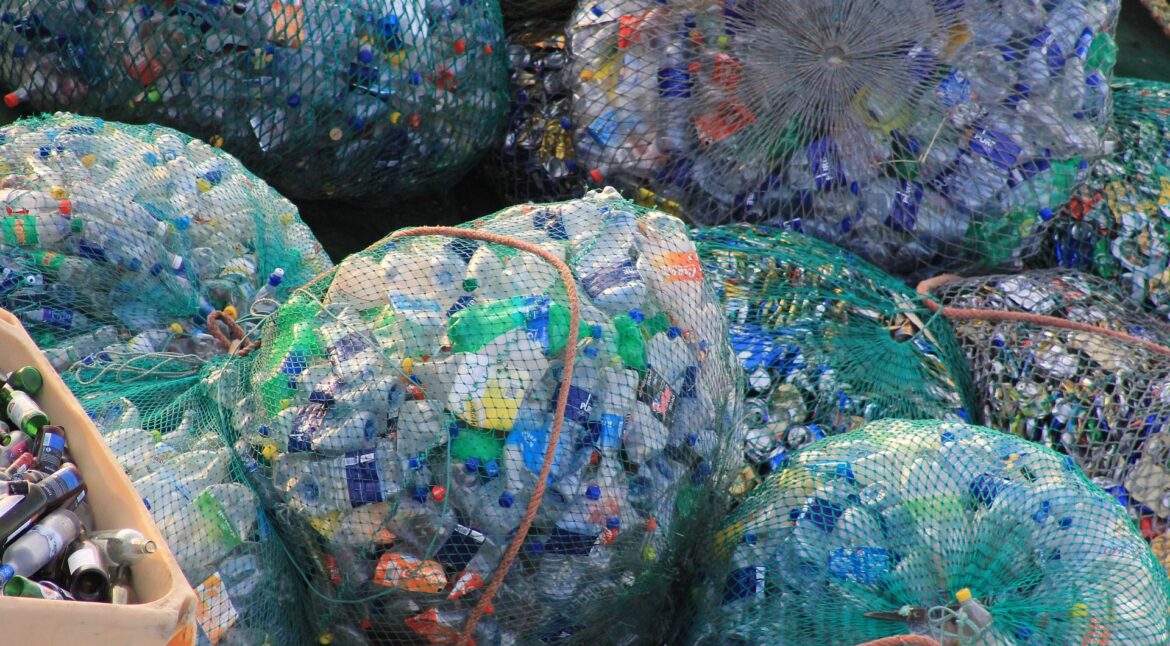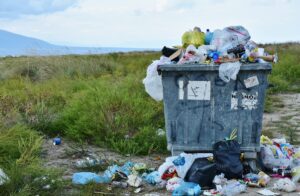Recycling has become a pressing issue in the Middle East due to the increasing amount of waste generated by growing populations and urbanization. Despite efforts to promote recycling and waste reduction, there are several challenges that the region faces when it comes to recycling.
Lack of Infrastructure: One of the main challenges facing recycling in the Middle East is the lack of infrastructure to support recycling programs. Many cities in the region do not have adequate waste management systems or recycling facilities, which makes it difficult to separate and process recyclable materials.
Low Awareness: Another challenge is the lack of awareness and education about recycling among the general public. Many people in the region are not aware of the importance of recycling or the impact of waste on the environment. This can lead to low participation rates in recycling programs and a lack of motivation to reduce waste.
Limited Government Support: The limited government support for recycling initiatives is also a challenge in the Middle East. While some countries in the region have implemented recycling policies and regulations, there is a lack of enforcement and resources to ensure compliance. In addition, there is limited financial support for recycling programs, which makes it difficult to develop and maintain effective recycling infrastructure.
Cultural Barriers: Cultural barriers can also hinder recycling efforts in the Middle East. Some countries in the region have a tradition of repurposing or reusing materials, which can make it difficult to introduce new recycling practices. In addition, there may be a stigma associated with collecting and sorting waste, which can discourage participation in recycling programs.
Despite these challenges, there are efforts underway to promote recycling and waste reduction in the Middle East. For example, the Dubai Municipality has implemented a recycling initiative that aims to increase the city’s recycling rate to 75% by 2021. In addition, several organizations in the region are working to raise awareness and educate the public about the benefits of recycling.
In conclusion, while recycling faces significant challenges in the Middle East, there are opportunities to overcome these obstacles and promote more sustainable waste management practices. Governments, businesses, and individuals all have a role to play in creating a more recycling-friendly environment and reducing the region’s impact on the environment. Through collaboration and commitment, the Middle East can work towards a more sustainable future for generations to come.
We in Decycle aim to break these barriers and make the waste recycling process as easy as possible for the waste generators, recyclers, and government. In Decycle we have designed special processes for waste management and waste lifecycle that can be used to properly manage the spending, revenue, and quantities to ensure the effectiveness of the circular economy.
Please visit our website for more details Decycle FZC. And sign up now to start the waste management and lifecycle journey.







